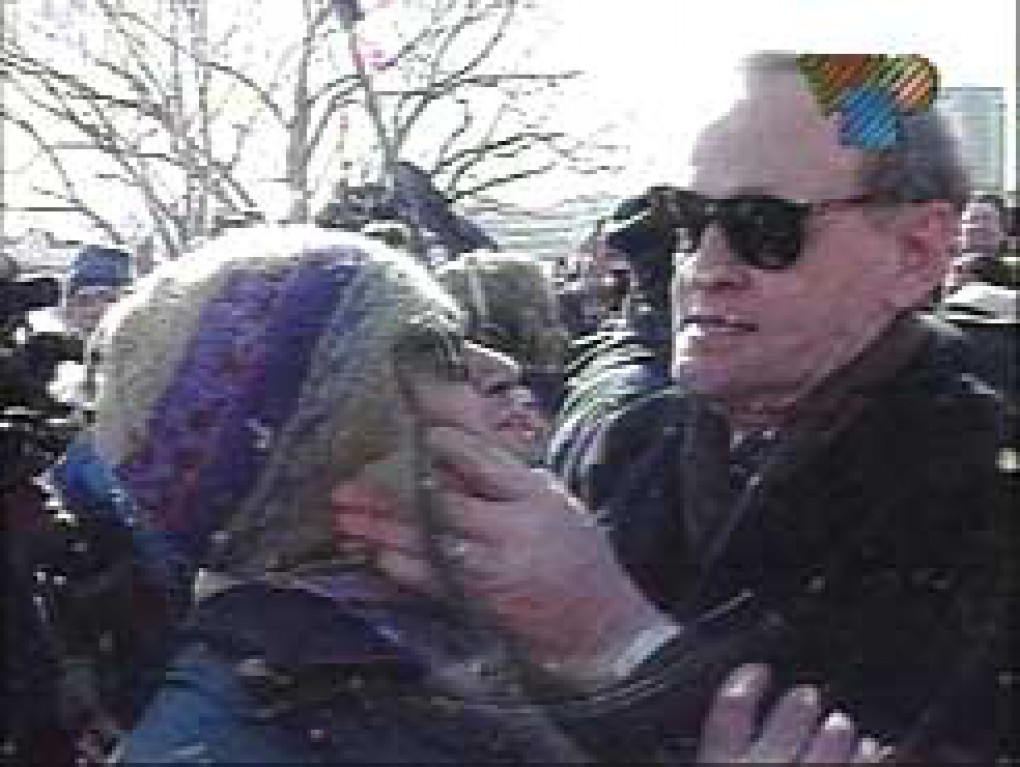Saying that Justin Trudeau is at it again would be an enormous lie. In reality, Justin Trudeau isn’t at it again. In fact, he has never been at “it.” Rather than saying anything of substance, Trudeau has emphasized platitudes and sloganeering ever since he became the cardboard cutout leader of the Liberal Party. Let’s not be stupid here for the opinion polls have been favourable to Trudeau simply because of his last name, though there are signs that this may no longer be enough. Perhaps Trudeau’s current place in the polls is due to the fact that he is talking a bit more than usual? Now, however, he’s talking even more as the Liberals have released radio ads with Trudeau outlining his plan for the Canadian economy. A quick synopsis of what Trudeau and the Liberals have to offer can be found here.
What do the ads say? Not much other than empty rhetoric, myths about Canada being a country of social justice, and pointing out that Harper is a big meanie. The same goes for the plan on the Liberal Party’s website. Apparently, Trudeau wants to give the middle class “a real and fair chance to succeed.” That’s good because there is nothing worse than a fake and unfair chance! What’s his plan? Well, Harper is bad and Trudeau will repeal income-splitting and improve pensions. Beyond that, his announcements contain nothing and it ought to raise a series of questions. Would Trudeau use the revenue recouped by repealing income-splitting to fund infrastructure? Certainly, that could generate good jobs. Yet, according to the Federation of Canadian Municipalities, Canada has a $123 billion municipal infrastructure deficit that increases by $2 billion every year. Even though income-splitting is bad public policy, in no way would repealing it even make a dent in Canada’s municipal infrastructure deficit unless Trudeau’s plan going forward is to keep changing the bandages on infrastructure. If that’s the case, improved employment opportunities would be minimal. How, then, does Trudeau intend on reversing the more than thirty year old trend of stagnant and declining wages? On this matter, Trudeau says nothing. Would giving a tax cut to the middle classes, who Trudeau can’t even define, help? Taxes as a percent of GDP have fallen in Canada over the past decade, so it is hard to see how that could help. Rising wages are, in fact, the key here, but Trudeau doesn’t have the courage to say so.
Trudeau also promises to fix Canada’s public pension plan. The age of eligibility will revert back to 65, which isn’t a bad idea since Old Age Security is a perverse road out of poverty for low-income Canadians. So, rather than poverty being fine until 66, poverty would go back to being acceptable at 64. I won’t get into too many details here, but the Liberals were the party that attacked the universality of public pensions by introducing clawbacks to the OAS, not Harper and his Conservatives. Compared to what Canada’s social safety net looked like once Chrétien and Martin were done reworking it, Harper’s changes look mild. In any case, there is at least a pretence of doing something here. But hold on a minute! Trudeau pledges to work with premiers to reform the Canada Pension Plan. Here, Trudeau is clearly trying to take credit for something that is supposed to happen anyway: Ottawa needs the approval of 2/3 of the provinces with at least 2/3 of the population in order to change the CPP. Besides, what would these reforms look like? Would the CPP be enriched? Would the CPP be privatized? Could individuals opt out of the CPP and plough their CPP deductions into private pension plans instead? There are all potential reforms to the CPP and Trudeau doesn’t say a word about a very important pillar of Canadian social policy. Even more worrisome is Trudeau’s silence on Ottawa’s stance. Would Ottawa present itself as the protector of public pensions like it does with health care or would Trudeau cave in to the premiers and give them whatever they want? This is not an unimportant question as Manitoba has the only social democratic government in Canada and Greg Selinger’s NDP is badly trailing Brian Pallister’s Progressive Conservatives at the moment. By 2016, it is entirely conceivable that social democracy could be dead right across Canada. Had it not been for the presence of the Parti Québécois and NDP governments in British Columbia and Saskatchewan when the Chrétien Liberals last raised CPP reform in the late 1990s, the CPP would look radically different today. Even if Selinger pulls off a miracle and overcomes the 15 point lead that Pallister is currently enjoying, Manitoba alone couldn’t ward off an attack on the CPP’s public and universal character.
That Trudeau has released a (badly drawn) sketch of the Liberals’ economic plan might bode well for the Conservatives and the NDP. It offers absolutely nothing to concerned voters on the Left or the Right. Using a job interview voice and acting pensive can only carry a person so far. However, if Trudeau does succeed in the 2015 election, whether winning power or becoming the Official Opposition, that will be an indictment of Canadian voters who would clearly be happy with nothing.


One thought on “Justin Trudeau and the Politics of Doing Nothing”